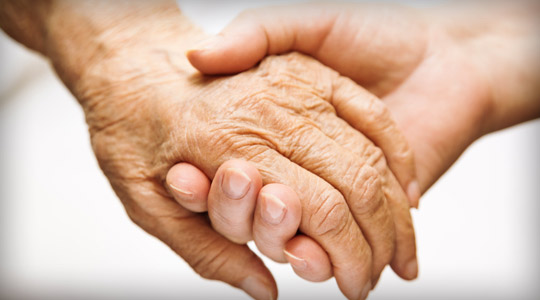-
Advocacy Theme
-
Tags
- Abortion
- Adoption
- Caregiving
- CEDAW
- Disability
- Domestic Violence
- Domestic Workers
- Harassment
- Healthcare
- Housing
- International/Regional Work
- Maintenance
- Media
- Migrant Spouses
- Migrant Workers
- Muslim Law
- National budget
- Parental Leave
- Parenthood
- Polygamy
- Population
- Race and religion
- Sexual Violence
- Sexuality Education
- Single Parents
- Social Support
- Sterilisation
- Women's Charter
State support will strengthen, not replace, family care for the elderly
April 4th, 2016 | Family and Divorce, News, Older People and Caregiving, Poverty and Inequality, Views
This letter was first published in The Straits Times, 4 April.
 Implementation of the Silver Support scheme has sparked debate on the merits of greater financial support by the state for the elderly poor (“Excessive social security may erode filial piety” by Mr Leslie Fong ; last Tuesday).
Implementation of the Silver Support scheme has sparked debate on the merits of greater financial support by the state for the elderly poor (“Excessive social security may erode filial piety” by Mr Leslie Fong ; last Tuesday).
We agree that family support can be invaluable to elderly persons. However, we believe that increased state support will strengthen the family’s ability to care for elderly relatives, not replace it.
The ageing of Singapore’s population is accompanied by a decrease in the old-age dependency ratio. Last year, there were 4.9 working adult citizens per elderly person, a decrease from 10.4 in 1990. This will shrink to 2.1 by 2030.
Housing Board data shows that in 2008, people aged 55 and above with married children each received an average contribution from all children of only $445 per month.
In 2014, the Association of Women for Action and Research (Aware) conducted research on women ageing into impoverishment.
We interviewed 20 elderly low-income women. Several reported that their adult children were not always able or willing to provide financial support because of their limited earning capacity.
In some cases, adult children found their ability to take care of their own children compromised by having to support elderly parents, resulting in tension and estrangement in the family.
Making it a moral obligation for people to support their elderly parents does not necessarily result in fulfilment of this obligation. This is especially so for lower-income people who have their own children to support.
Meanwhile, their inability to support elderly parents penalises these parents, if there is no other support.
Since the inception of the Maintenance of Parents Act in 1995, merely 1,607 maintenance orders have resulted – a drop in the bucket compared to the 60,000 elderly adults estimated to need everyday care last year.
Defining children’s support of parents as a moral and legal obligation is ineffective in ensuring that elderly persons’ needs are met.
With state support, family members can enjoy one another’s company without being pressured by the dilemma of whether to prioritise care for their elderly parents or care for their children.
Without state support, it becomes increasingly difficult for families to care for elderly relatives.
It is this difficulty, not state support for the elderly, that can erode family care and filial piety.
Goh Li Sian (Ms)
Research and Advocacy Coordinator
Association of Women for Action and Research



